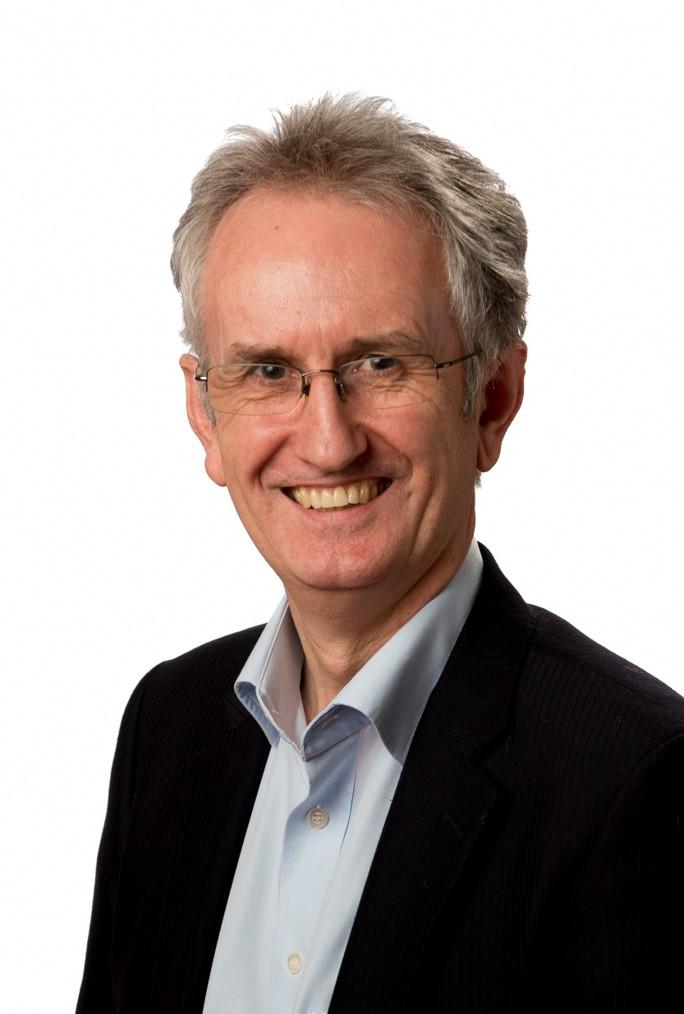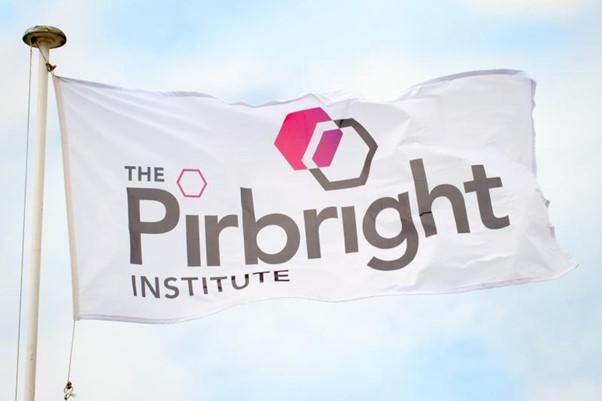As a registered charity and an independent company, The Pirbright Institute is governed by a Board of non-executive Trustee Directors. The Institute has appointed two new Trustees for 2022: Professor Deenan Pillay and Professor Mike Turner.
The new Trustees are joining the Trustee Board to broaden the expertise amongst the Board members.
The referenced media source is missing and needs to be re-embedded.
Deenan Pillay is Emeritus Professor of Virology at University College London. He has been a clinical virologist for the last 30 years, working within the Public Health Laboratory Service, Health Protection Agency, NHS and academia. His main interest has been the use of antiviral therapy, and emergence of drug resistance particularly regarding HIV. From 2013-2019 he was Director/CEO of the Wellcome Trust-funded Africa Health Research Institute, an independent institute based in Kwa Zulu Natal in South Africa focused on laboratory, clinical and population approaches to HIV and TB. He is currently Non-Executive Director of an NHS Trust, and until recently Chaired Independent SAGE, a scientific group focused on public engagement and discussion on COVID.
Mike Turner is a consultant currently working for the Neglected Tropical Diseases department of the WHO in their snakebite initiative. He is Honorary Professor at University of Glasgow UK, a member of council at the London School of Hygiene and Tropical Medicine and on the Science Advisory Board at the Glasgow Centre for Virus Research. He is a former Director of Science and member of the Senior Executive team at Wellcome, Europe’s largest biomedical research foundation. He joined Wellcome in 2014 as Head of Infection and Immunobiology and led on a number of portfolios including funding responses to emerging viral diseases – Ebola, Zika, Yellow Fever and Covid19. Approximately three quarters of the science funded by Wellcome is based in the UK but Mike had particular responsibilities for Wellcome’s funding in Africa, India and SE Asia as well. Before joining Wellcome he was at the University of Glasgow where he held Beit, Royal Society and Leverhulme Fellowships. Latterly, he became Professor of Parasitology and held a number of managerial roles, including as Head of Division. His research interests focussed on the trypanosome parasites that cause African sleeping sickness in humans and Nagana in livestock, the genomics of malaria parasites and the immunoepidemiology of schistosomes.
In welcoming the new Trustees, 10 people now make up the Institute’s Board, each of whom volunteer their time and expertise to ensure good governance and help plan and execute the Institute’s Science Strategy in conjunction with the Institute Director, Professor Bryan Charleston.

